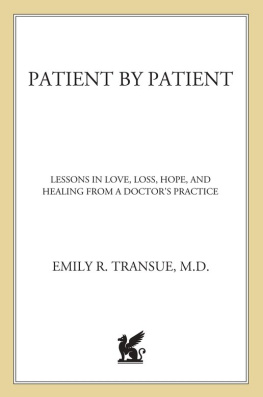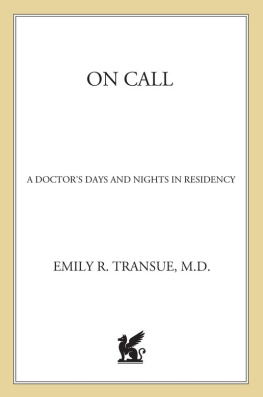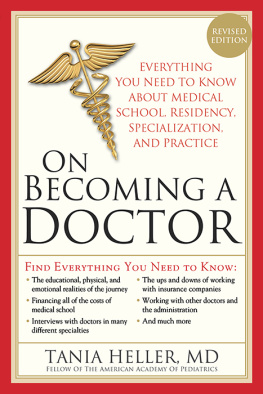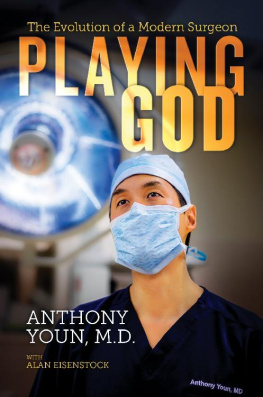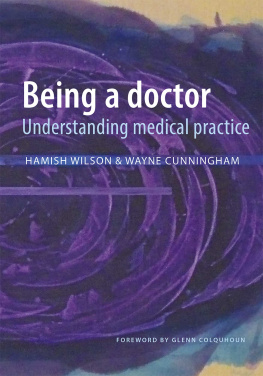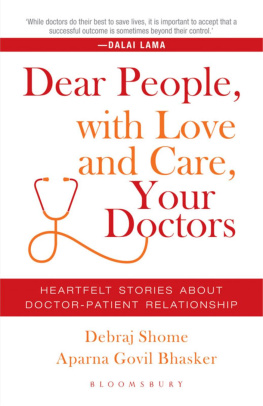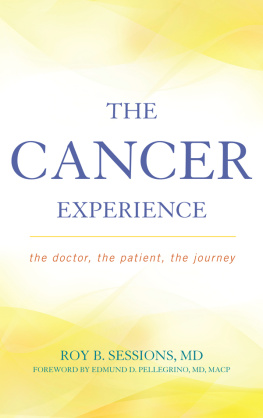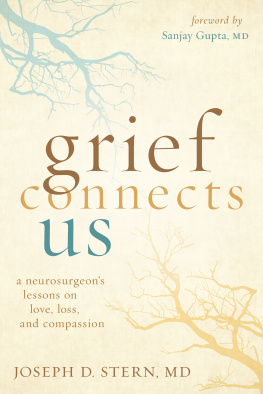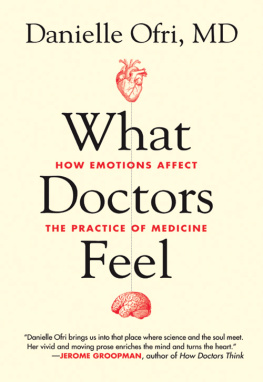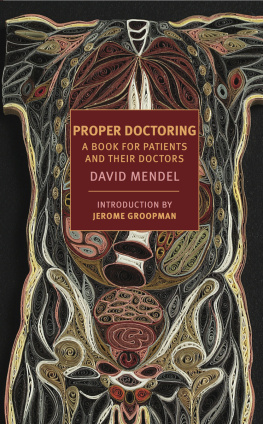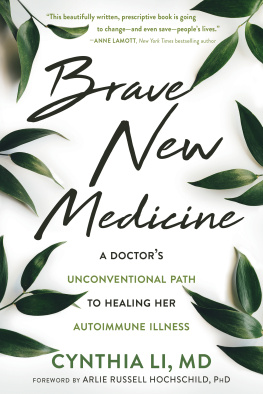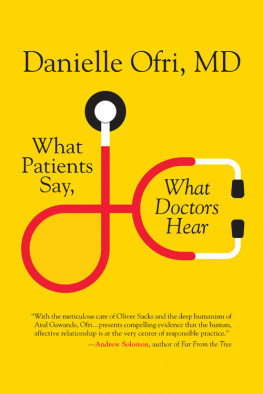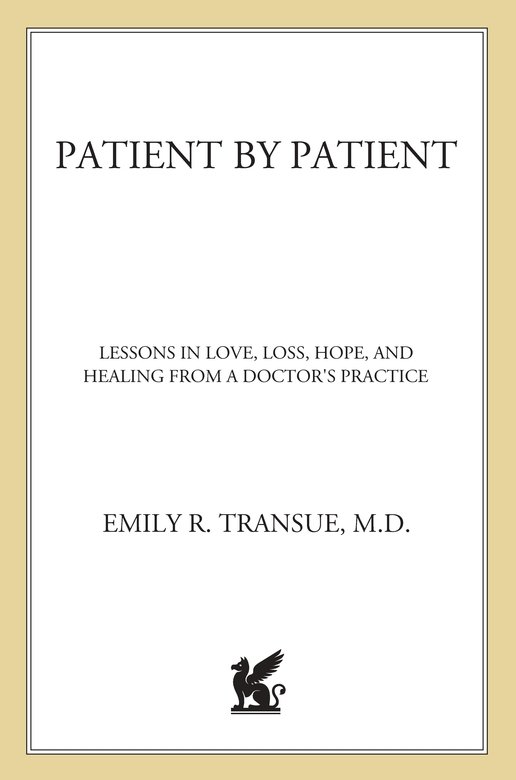I would like to thank: first of all, my wonderful family, many of whom are not represented in these pages. My mother, Harriet Adams; my brother, Kit Transue; and my stepfather, John Straub, who have been supportive beyond words, and who are tremendous sources of inspiration in my work and life. My grandmother, my grandfather, and my father, whom I have tried to honor but whose stories I could not hope to tell adequately. My uncles and aunt, Bill and Virginia and John Transue. Arnold Zwicky, to whom I owe a debt I could never begin to repay.
The people who get me through my workdays: Chris Pepin and Marti Liddell, with special thanks also to Rachel and Clare and Rob Liddell, my beloved professional in-laws. The mentors of my academic and writing careers: Blair Brooks, Doug Paauw, Erika Goldstein, Dawn DeWitt, among others. The many friends who have encouraged me in my writing, most of all Dennis Rivet and Shala Erlich. Judy and Kelly Foss, whose gift of time in a beautiful place enabled me to finish this manuscript. The University of Washington medical students in my writing class, who have been a huge joy and inspiration. The staff who keep my office runningtoo many to list, but including Bobbi, Christine, Cindy, Danielle, Kearstyn, Lisa, Marissa, Marquessa, Melinda, Nancy, and Tasha.
My agent, Joan Raines, without whose encouragement this book would have never come into existence. Diane Reverand, Dana Grossman and the staff of Dartmouth Medicine , Roxanne Young at JAMA , and Nell Casey at Self for their support and encouragement and good editing. Sheila Curry Oakes and everyone at St. Martins Press for supporting the book and helping me make it so much better.
Robert Coles, who offered kind words on top of his incredibly inspiring example.
Almost last but certainly not least, Chris Knight, who has kept me going through all the stages of creating this book, and through the experiences that went into it.
Finally, I would like to thank my patients, both those who are in this book and those who are not. Thank you for sharing your lives and stories, and for teaching me so much about doctoring and about life.
As I pressed my new parking sticker carefully onto my windshield, I paused to consider the enormity of what the small sliver of plastic represented. At the age of twenty-nine, with twenty-four continuous years of education under my belt, I was about to begin what could be called my first real job. My new business card burned in my pocket: Emily R. Transue, MD, General Internal Medicine. I was starting practice as a primary care physician.
With a laugh, I thought back to the day Id decided to go to medical school. It was early in my senior year in college; Id been a biology major, scrambling for a new career path after realizing I didnt want to spend my life at a lab bench. Id done Parkinsons research with primates, and reasoned that if monkeys were interesting, people must be even more so. I called my grandparents to announce my momentous decision.
But we hate doctors, my grandmother protested.
Through all my years of medical training, whenever a physician amputated the wrong leg, administered the wrong medication, or made some other terrible mistake, my grandmother would send me a news clipping. I was never sure if these were warnings about what might occur if I applied myself inadequately, or simply further evidence forthe argument that physicians were an untrustworthy lot. During my second year of medical school, she called to tell me that my grandfather had developed atrial fibrillation, an irregular heart rhythm. Its usually treated with blood thinners, to reduce the risk of a clot forming in the heart and traveling to the brain, and cardioversion, a brief electrical shock to restore the heart rhythm. Theyre giving your grandfather rat poison, my grandmother declared. Rat poison is made from warfarin, the same compound used medicinally to thin blood. Then theyre going to electrocute him.
I had to admit that these were precisely the kinds of barbaric things that people in my chosen profession did.
Still, here I was. Absurdly, the parking sticker brought home what my contract, my application for hospital privileges, the ordering of office letterhead and exam room supplies, and all the other events of the past weeks had not. In the eight years since I had started medical school, everything I had done had been temporary. Student clerkships lasted four to eight weeks, residency rotations a month. My year as a chief resident, teaching and helping run the program I had finished the year before, was the longest I had spent in any single role, and even that was clearly defined as transient; my successor was chosen before Id even started. In all that time I had hung temporary parking placards from my rearview mirror. The sticky teal rectangle on my front window seemed to symbolize the end to transience and the unfamiliar permanence I was entering. After eight years of working toward this role, I had arrived.
A few weeks before, the ink barely dry on my employment contract, I had signed another sheaf of papers, buying a house with my sweetheart, also a doctor starting his first job. Our possessions were still in boxes, the wonder of owning a piece of land and the home that sat on it still fresh. As I finished affixing the parking sticker and walked into the angular brick and glass building of the clinic, I was bursting with the richness and strangeness of my new life. I had ahouse, a job, a piano, two cats, a life partner. I was a long way from Ohio, where I grew up, and from New Hampshire, where I went to medical school. I was far from my family. My brother was doing computer work in Boston; my mother had left her college professor position in Ohio to go to law school in Washington, D.C. Most acutely, I felt my distance from the ones who werent well: my father, who recently had moved into a nursing home in California, and his parentsthe ones who hated doctorswho were close to ninety but still living independently in Pennsylvania in the house where my grandfather grew up.
Nonetheless, I had laid down my roots here, in Seattle. I could feel them in the earth under the maple tree in my new front yard, and even in the glue of the parking sticker. I was about to walk into the clinic and begin to grow roots of another kind, putting on my white coat and meeting strangers who would become my patients, as I grew into my role as their doctor.
I felt the joint tug of responsibility to the people I loved and to the patients I would begin caring for today. I had finished the hard years of residency, the hundred-hour weeks and thirty-six-hour shifts, the drama of the hospital and the emergency room. I had seen a lot of people die or nearly die in those years, and I thought I knew plenty about grief and loss and healing. I little imagined how much more and how differently I would learn in the coming years. Much of this would come from the patients I would care for, not just in the episodic crises of the hospital but in the slower, richer arc of sickness and health that a primary care doctor sees. In parallel, my first years in practice would be tumultuous ones for the people in the world I loved most, and I would see more than I ever had of medicine from the other side.
I could only begin to glimpse all this, as the sliding doors opened to admit me to the cool, quiet air of the clinic. My heart sped with a mix of anxiety and excitement as I stepped inside, savoring the newness, and looking forward to a time when I could savor familiarity instead.

